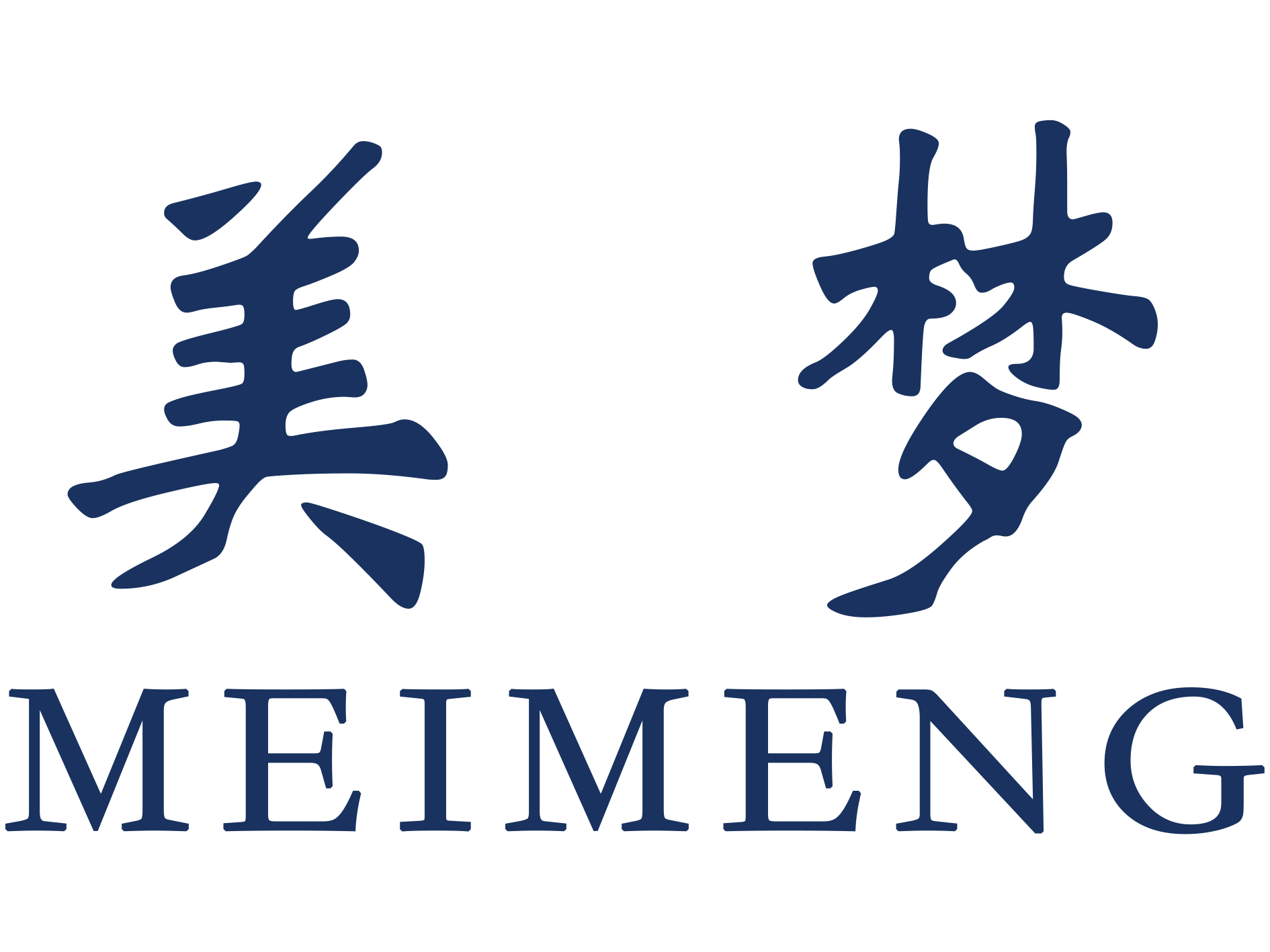Selecting the right mattress is crucial for sleep quality and spinal health. Below is a detailed analysis of mattress firmness, the pros and cons of smart adaptive mattresses, and recommendations.
Too-Soft Mattress
The body sinks in, preventing the spine from maintaining its natural curve, which may lead to long-term back pain. Muscles and joints must work harder to maintain posture, potentially causing fatigue upon waking. Excessive sinkage makes movement harder, especially for heavier individuals or those with limited mobility.
Too-Firm Mattress
If your mattress is too hard, shoulders, hips, and other protruding areas bear excessive pressure, potentially causing numbness or soreness. Gaps (e.g., at the lower back) may leave the spine unsupported, increasing the risk of lumbar issues. Side sleepers may experience joint pressure, disrupting deep sleep.
Smart Mattress
The smart mattress can automatically adjust to the optimal firmness based on the user's height, weight, and body shape. It intelligently conforms to body curves to provide customized support, effectively protecting spinal health. Sensors detect pressure points and dynamically adjust firmness (e.g., firmer lumbar support, softer shoulder zones). AI Mattress can adjusts to different sleeping positions (back, side) and body types, with dual-zone options for couples. The smart mattress helps maintain proper spinal alignment by keeping the spine in a neutral, horizontal position, effectively reducing pressure points and promoting spinal health.
 English
English
 中文
中文

